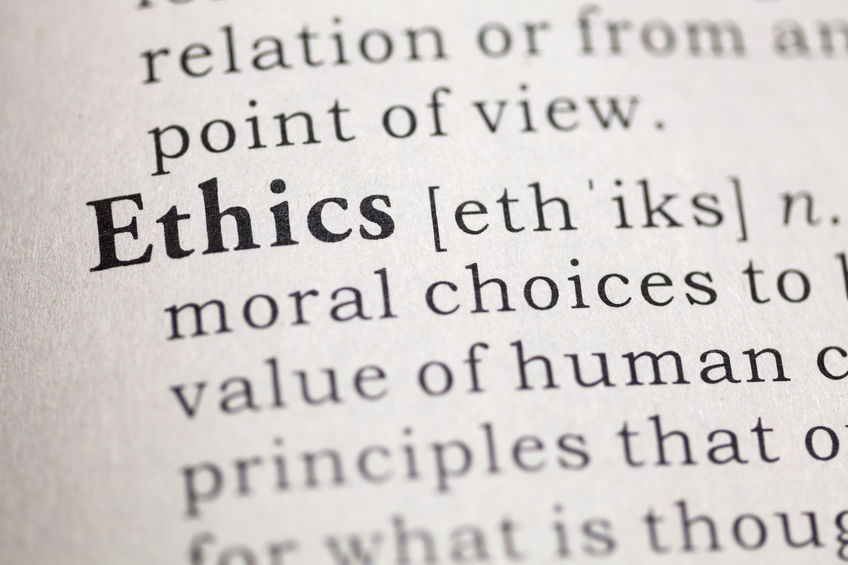 Responsibility of the authors: EWC Member NFFO publishes checklist for ethical issues
Responsibility of the authors: EWC Member NFFO publishes checklist for ethical issues
On 25. February a working group consisting of members of NFFO launched a set of ethical guidelines for writers of non-fiction works. The document asks a variety of ethical questions that may encourage writers and editors to ask themselves during the process of writing a book.
There had been an increasing number of public discussions on different works of non-fiction in Norway the last couple of years, and this is NFFO’s contribution to help writers become more professional and help them to be better at thinking through ethical challenges that might occur in their work.
“It is important for NFFO to say that the guidelines is not a document that states the official position of NFFO, because a writer must be free to write whatever she or he finds necessary within the limits of the law”, says Arne Vestbø, Secretary-General at NFFO. “But since the guidelines are formulated as questions, we think they can work as a good tool. Perhaps even the literary critics can find help in which questions to examine while analyzing a new literary work?”
Summary of the NFFO Ethical Guidelines
Prose writers write about reality, about events that have taken place, and about people who live or have lived. The authors implicitly make a promise that the text is about something that has actually happened, and thus enters into a contract with the readers. In stories about real people and events, more is at stake than in fictional stories. What can and cannot be published is regulated by Norwegian laws, including the provisions on freedom of expression, discriminatory and hateful statements, defamation, privacy and copyright. However, writers and publishers can act unethically and inflict unnecessary harm on others without breaking the law. This checklist is intended as a basis for ethical reflection along the way from work, from idea to launch of finished book. An expanded awareness of ethical dilemmas and pitfalls does not prevent writers from – and should – be bold and challenging old ideas. Ethical dilemmas faced by authors and publishers can be linked to two overarching and overlapping questions:
- Who could be affected by the publication?
- To what extent can we rely on the text?
Further, more detailed questions are sorted into six different categories:
The reason why the book is published
How people directly and indirectly could be affected by the text
How the writer uses and treats sources
Form, language and literary devices
Quotes and references
Publication
Download the Guidelines (In Norwegian)
The NFFO Working Group Members: Anne Bitsch, Jon Gangdal, Bjørn Olav Jahr, Marianne Egeland and Trygve Aas Olsen.

